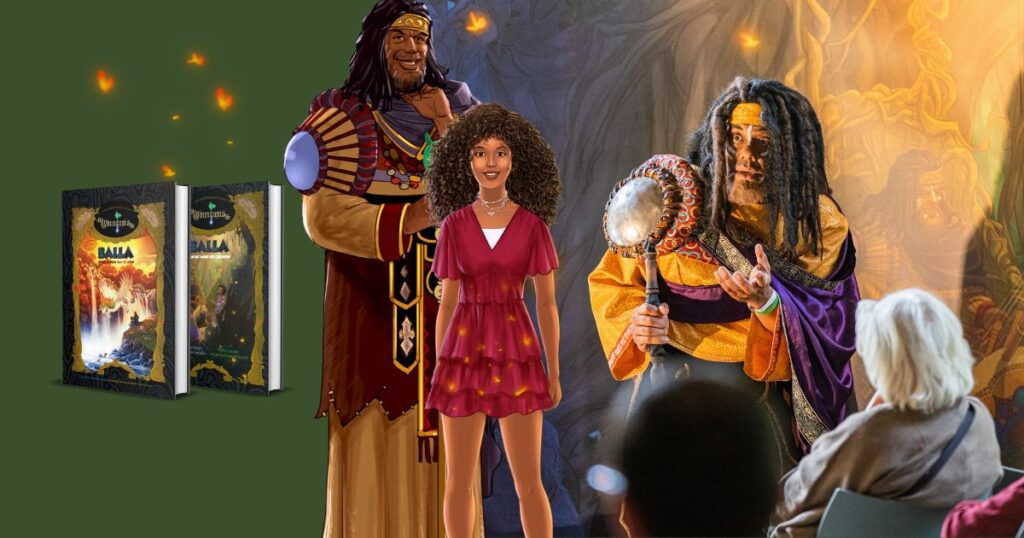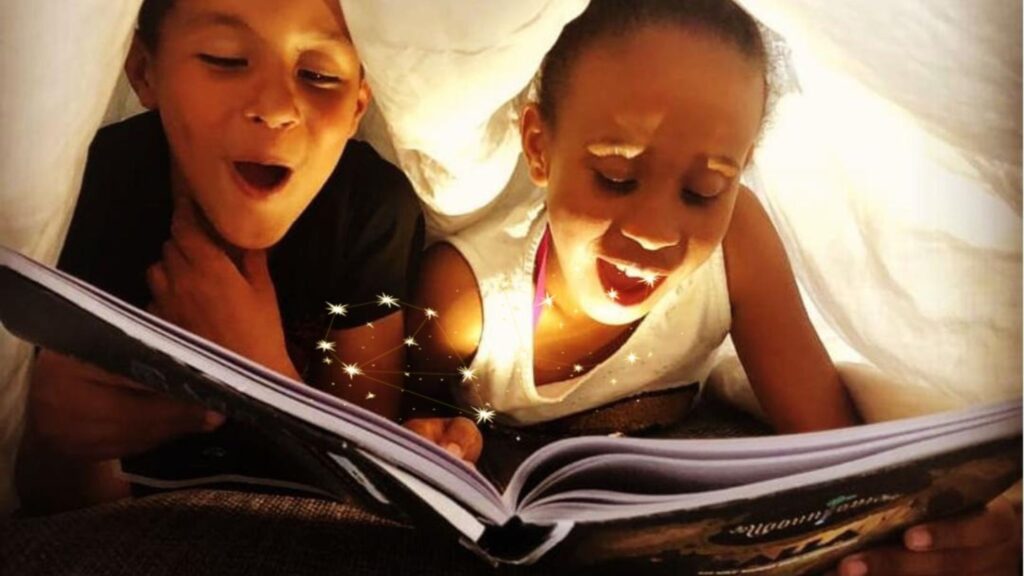The Need for Modern Storytellers
Everywhere in the world, oral culture, particularly oral storytelling, is at risk of being lost. With changing times, shifting populations, and the rise of digital techniques, the question arises: Who will continue to weave these stories around the fireside, and who will be there to listen? And for those willing to listen, how will they be reached?
It’s quite likely that our ancestors gathered around evening fires to express their fears, beliefs, and heroism through oral narratives. Community storytelling provided explanations for life’s mysteries, offered entertainment, and fostered unity. This long tradition of storytelling, a vital art form, is still evident in ancient cultures, such as those found on the African continent. And while it’s true for Africa, this principle applies to every culture, evident in numerous examples.
In the Middle Ages, storytellers—known as troubadours, minstrels, griots or bards—were a common sight in marketplaces and esteemed members of royal courts. They were expected to be well-versed in current tales, knowledgeable about scholarly theses, aware of court scandal, proficient in herbal medicine, skilled in composing verses, and adept at playing court-favored instruments. But times are changing.
Turbulent Modern Times & the Search for Identity
Culture is akin to a river, constantly flowing and evolving, with its meaning shifting across ages and generations. This fluidity is reflected in storytelling and art, serving as a reminder of the ongoing search for identity. In Africa, as in other agrarian societies, the traditional moonlight storytelling culture persists, adapting to new forms of expression while flowing along the river of time.
It seems that for the West, it’s difficult to accept modern times within these emerging markets. When discussing Africa’s spirit, the West often repeats the same old ideas and prejudices, while the continent is rapidly evolving and developing itself. The notion that one must go back in time to find true African culture and identity is nonsensical and hinders progress.
Africa Needs Storytellers to Change Its Image
The Griot is an important figure in this context. Through storytelling and music, Griots have shared and preserved the identities and histories of communities in West Africa for centuries. A Griot is a poet, singer, historian, musician, comedian, and entertainer, among other roles. There have been numerous international studies on Griot culture, showing how it has provided Africans and the African Diaspora with a way to connect with their ancestral heritage. Therefore, it is crucial to preserve the memories and personal histories of people. At this moment, it is still possible. ‘When the elders die, a library dies with them,’ as the African saying goes. But are oral traditions associated with rural life truly at risk of being lost to the past?
Translating Storytelling Culture for a Modern Audience
The obvious approach to translating storytelling culture for a modern audience would be to record and write it down, as is common in the West. However, this would lose the fluid spontaneity that distinguishes oral culture. If you remove the performative element and the potential for interaction with both the surroundings and the audience, then the magic and meaning of storytelling will vanish.
Once, Griots had to travel by foot for many miles to share the stories of their king or community. Now, ICT enables local stories to be shared with the world online. The revolution unleashed by mobile phone home-grown broadcasting is imminent.
Mass media can be seen as a cultural storyteller. It has a variety of ways to reach large groups of people. One medium to reach the younger generation is through gaming. When world-class game makers collaborate with great storytellers and elders, games with an interesting cultural touch can be created.
Theatre & Movies
Another means of oral-literary expression is through performance art. Theatre matters in Africa. African theatre is entertaining, but it can also be aesthetically, politically, socially, and spiritually engaging. It draws on indigenous performance traditions, including dance, music, storytelling, and mime. At its best, African theatre is a total experience of mind, body, and soul, engaging with and feeding off a highly responsive, involved, and vocal audience, often incorporating humorous performances.
Movies and films, such as Nollywood productions, offer an audiovisual symphony with many layers and great narrative wealth. Africa’s spirituality allows for a much richer, layered reality due to its long and diverse traditions.
Floating between history, reality, and future aspirations, the Griot’s values have a modern opportunity to create new meaning and spirituality and reach the younger generations. The interest in storytelling is unlikely to wane, and hopefully, Griot traditions will survive, prosper, and inspire alongside new modes of storytelling. With a little innovation and imagination, new traditions will be born.
Did you know that Balla, the main character of our cultural family edutainment brand Ubuntopia®, is inspired by a Griot?




